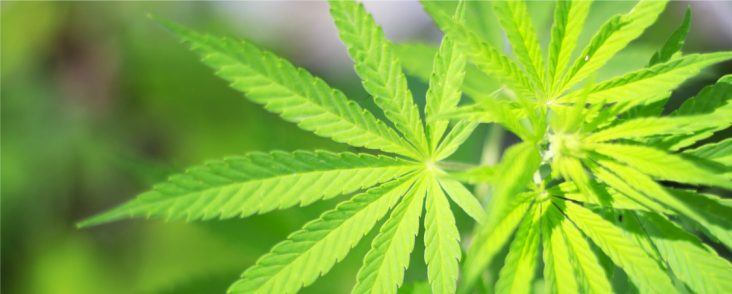Oklahoma voters approve medical marijuana, 30th state to legalize for medical use
by June 26, 2018 10:23 pm 469 views

Despite opposition from most political and church leaders in the state, Oklahoma voters on Tuesday (June 26) approved the legalization of marijuana for medical use. If results are certified, Oklahoma will become the 30th U.S. state to approve a medical marijuana plan.
Oklahoma State Question 788 allows medical marijuana licenses for those 18 and older. A board-certified physician’s signature is required for the license. State residents younger than 18 can obtain a license, but it requires the signatures of two doctors and approval from a parent or legal guardian. Question 788 calls for an office to be created with the Oklahoma Department of Health to enforce regulations related to licensing patients, dispensaries, growers, and other businesses allowed to operate under the law.
Also, a license holder would be allowed to legally possess up to 3 ounces of the drug, six mature plants and six seedlings. These limits can be increased by individual counties or cities.
Backers of 788 submitted more than 66,000 valid signatures in late 2017 to place the item on the Oklahoma ballot.
With 93% of precincts reporting, 56% of state voters voted for Question 788.
Oklahoma Gov. Mary Fallin actively campaigned against 788, saying it would open the door to legalization of recreational marijuana use, and that medical uses for marijuana stipulated in the plan were too broad. Gov. Fallin issued a statement shortly after 9:30 p.m. when it was clear 788 received voter approval.
“I respect the will of the voters in any question placed before them to determine the direction of our state. It is our responsibility as state leaders to look out for the health and safety of Oklahoma citizens,” Fallin noted. “As I mentioned in previous public comments, I believe, as well as many Oklahomans, this new law is written so loosely that it opens the door for basically recreational marijuana. I will be discussing with legislative leaders and state agencies our options going forward on how best to proceed with adding a medical and proper regulatory framework to make sure marijuana use is truly for valid medical illnesses.”
NORML (National Organization for the Reform of Marijuana Laws) officials said the Oklahoma vote is a sign of growing national acceptance of medical marijuana.
“Even in a predominantly ‘red’ state like Oklahoma, it is the will of the voters to enact common sense, yet significant marijuana law reforms,” noted NORML Deputy Director Paul Armentano. “The ongoing expansion of compassionate medical marijuana in states like Oklahoma places additional pressure upon Congress to take action to end this existing state/federal conflict. It is time for members to move forward with legislation like The States Act or The Ending Federal Marijuana Prohibition Act, which would allow states the flexibility and autonomy to regulate cannabis as best they see fit — free from the looming threat of undue federal intervention.”
Arkansas voters in November 2016 vote approved medical marijuana (Amendment 98) by a 53%-47% margin. However, almost two years later, medical marijuana is not yet available after being tied up in controversy and courts.
